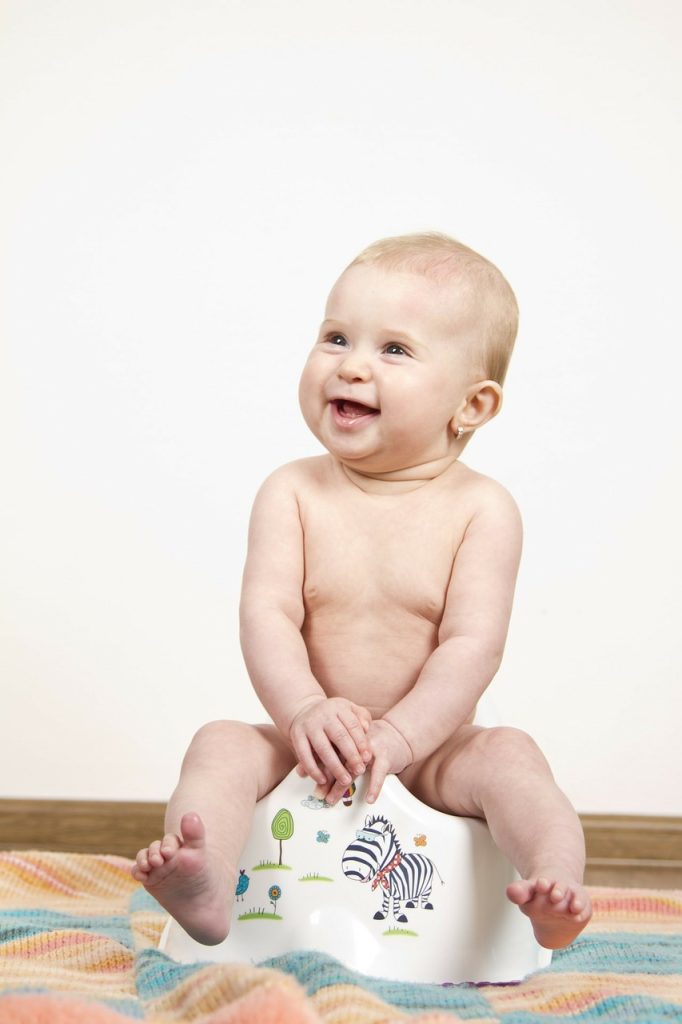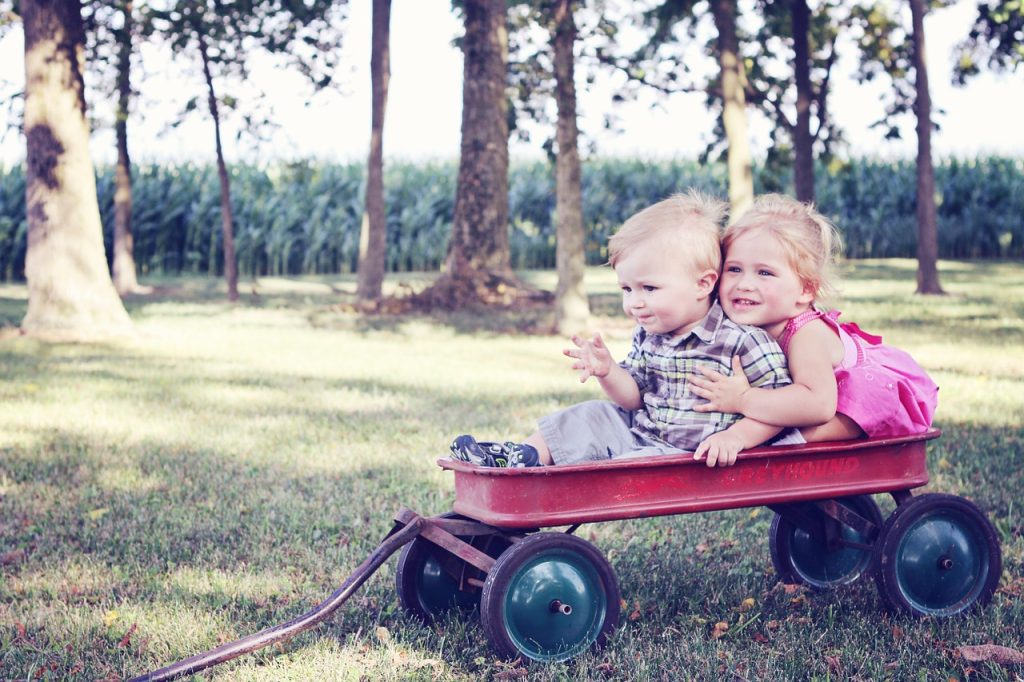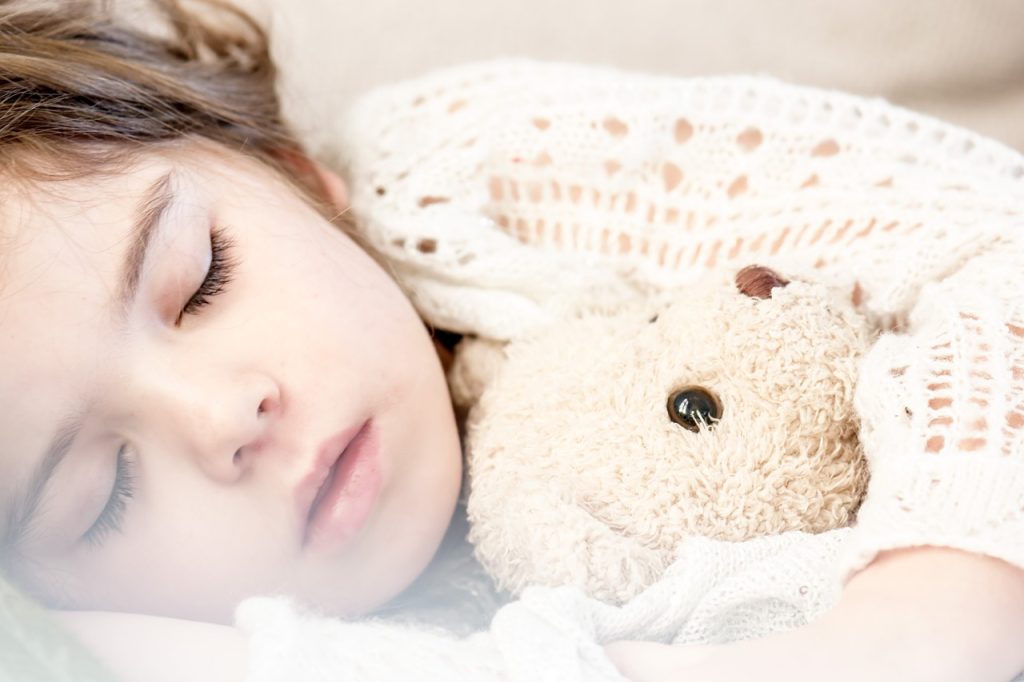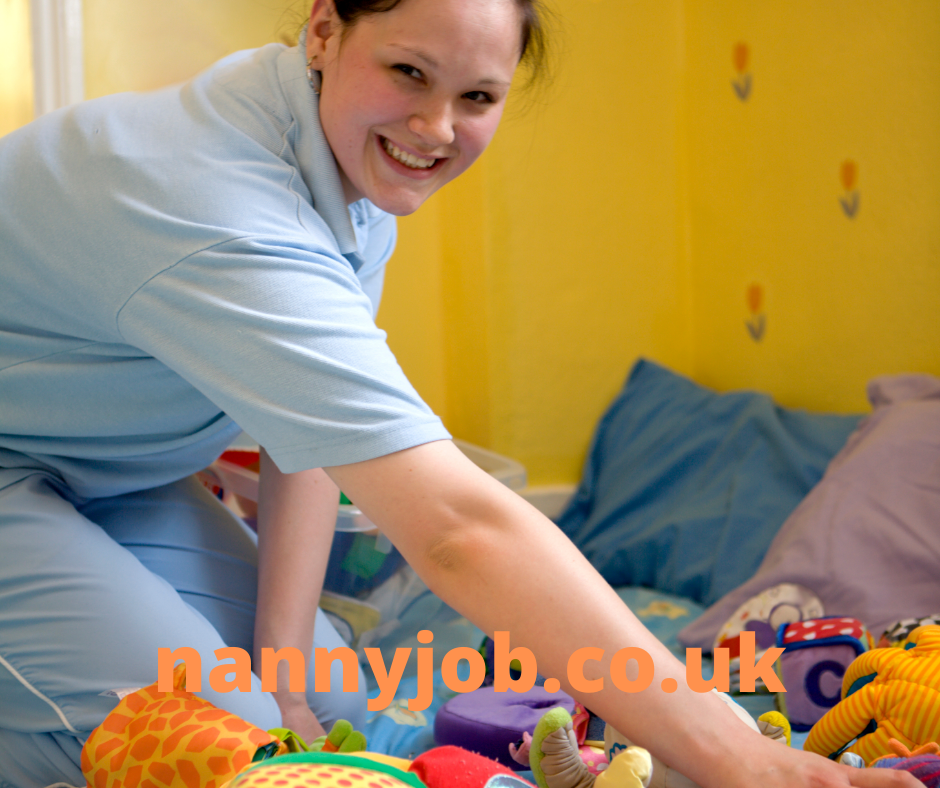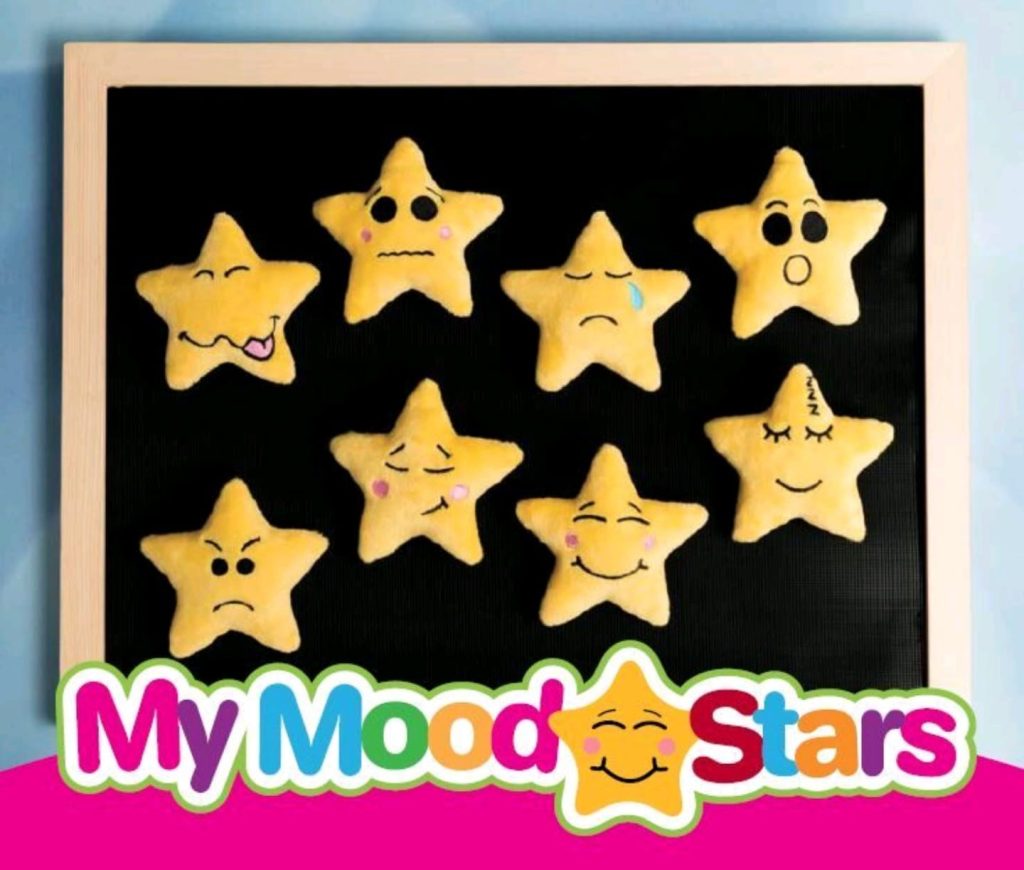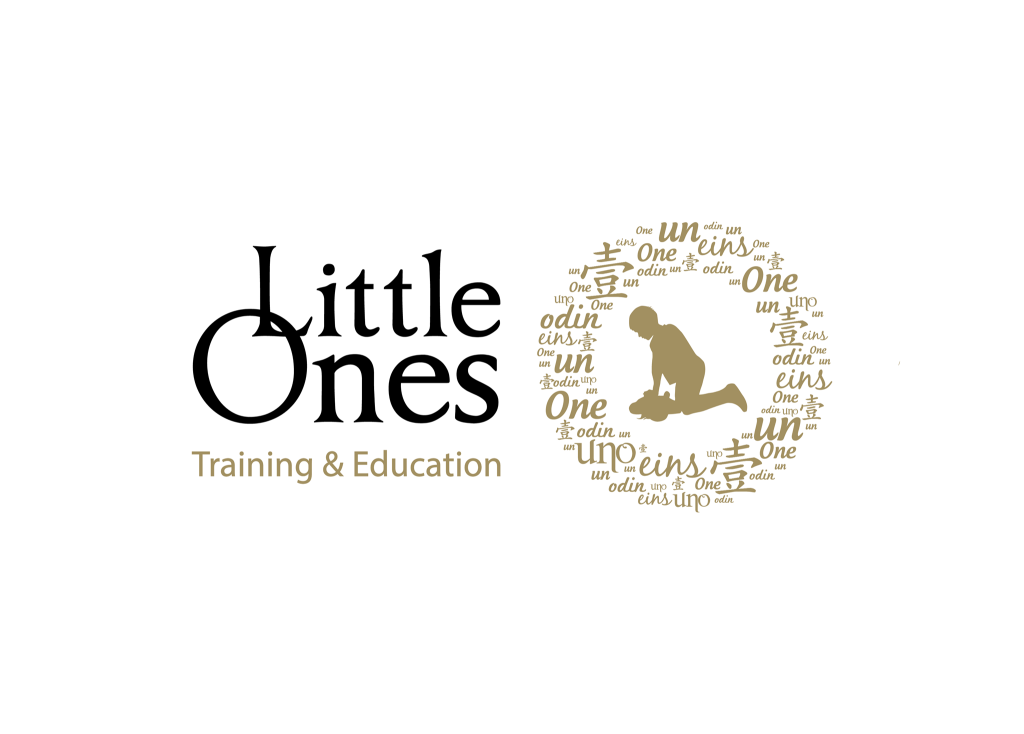These are some of the most common terms used in payroll.
Gross pay – this is the pay before deductions for tax, national insurance, pension and student loans. The gross pay includes overtime, commission, bonuses, statutory payments and any other taxable income.
Net Pay – This is what nanny takes home in her pocket.
Tax – Deducted based on nanny’s tax code which determines nanny’s tax free allowance and then any earnings above the tax free allowance is deducted at 20%.
NI – National Insurance. There are 3 types of NI for PAYE.
Employees NI deducted from nanny’s gross wage at 12% on earnings above £166.00 per week.
Employer’s NI on top of nanny’s gross wage paid at 13.8% on earnings above £166.00 per week.
Class 1A NICS, this is a yearly payment for any benefits in kind nanny may have had for the previous tax year.
SMP – statutory maternity pay. Nanny is entitled to 39 paid weeks of leave providing she meets the criteria. Nanny is allowed a further 13 weeks unpaid
SPP – statutory paternity pay. Nanny entitled to 2 weeks of statutory pay.
SSP – statutory sick pay. Nanny will get SSP after 4 consecutive working days of sickness
P60 – Nanny will be given this form at the end of the tax year to show her annual pay, tax, NI and statutory payments, she then keeps this for her own records.
P45 – When nanny leaves your employment, a P45 will be issued with her leaving date, tax code, if a student loan has been deducted and total gross and tax to date in that tax year, she then gives this form to her next employer.


